Wang Wei: The Integration of the Poet of Buddhism and Zen Buddhism
Wang Wei, a renowned poet and painter of the Tang Dynasty, is hailed as the "Poet Buddha". His poetic works are deeply influenced by Zen Buddhism, forming a unique artistic style. Then, why is Wang Wei called the Poet Buddha? What is the relationship between his works and Zen Buddhism?

Firstly, it is necessary to understand what Zen Buddhism is. Zen Buddhism is an important sect of Chinese Buddhism that emphasizes direct guidance of the human heart, seeing one's true nature to achieve Buddhahood, without relying on scriptures. It advocates achieving enlightenment in daily life. The ideas of Zen Buddhism have profoundly influenced Chinese literature and art, especially during the Tang Dynasty, when many literati and scholars were deeply influenced by it.
Wang Wei is one of them. His poetic works are filled with Zen Buddhist philosophy and realms. For example, in his poem "Deer Hut": "In the empty mountains, no one is seen, but one hears the sound of human voices. The setting sun's rays penetrate deep into the forest, shining again on the moss." This poem depicts a serene and profound scene, expressing the poet's awe for nature and indifference to life, which is precisely the lifestyle advocated by Zen Buddhism.
In addition, Wang Wei's poems often incorporate Zen Buddhist imagery and symbols. In his poem "Presenting to Pei Xiucai Di While Residing in Wangchuan": "Fine grass by the gentle breeze shore, a solitary boat with tall mast at night. The stars hang low over the vast plain, the moon surges over the great river." The images such as "fine grass," "gentle breeze," "stars hanging low," and "moon surging" in this poem are rich in Zen Buddhist meanings and interests.
Therefore, Wang Wei is called the Poet Buddha because his poetic works are deeply influenced by Zen Buddhist ideas. His poems integrate Zen Buddhist philosophy and express Zen Buddhist lifestyle and outlook on life. His poetic works have a close relationship with Zen Buddhism, making him a unique presence among the literati and scholars of the Tang Dynasty.
In general, Wang Wei's poetic works are deeply influenced by Zen Buddhist ideas. His poems integrate Zen Buddhist philosophy and express Zen Buddhist lifestyle and outlook on life. Therefore, he is called the Poet Buddha, which is a high evaluation of his literary and artistic achievements.
Disclaimer: The above content is sourced from the internet and the copyright belongs to the original author. If there is any infringement of your original copyright, please inform us and we will delete the relevant content as soon as possible.
Guess you like it
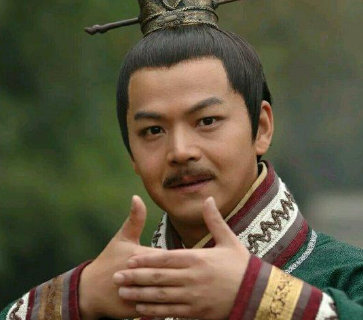
Is Jia Kui a descendant of Jia Yi? What is their relationship?
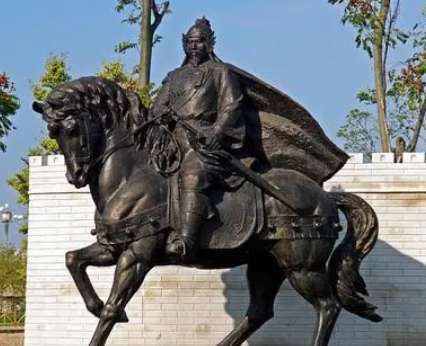
What is Lu Jiuyuans identity? Is he a representative of Mind-cultivation School or Neo-Confucianism?

Unveiling the symbolic meaning of the seven Qing Dynasty women in Ji Xiaolans tomb
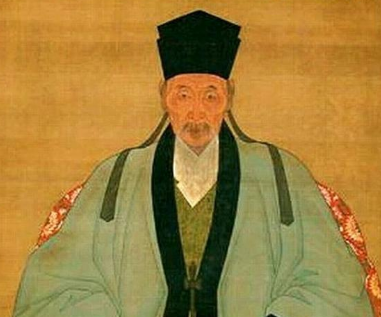
The talented Xie Jin of his generation: his fate was full of twists and turns, ultimately becoming a lament in history.
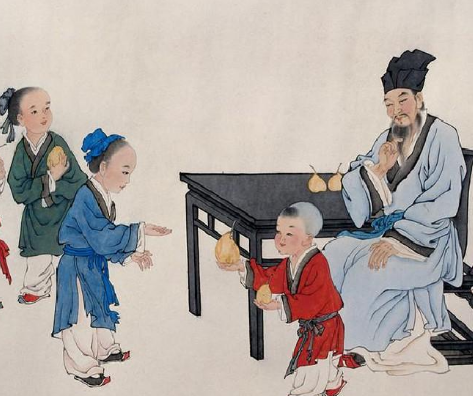
The enigma of Kong Rongs yielding of pears and the accusation of unfilial conduct, leading to life or death.

What is the historical status of Empress Nam Phương? What was her reign like?
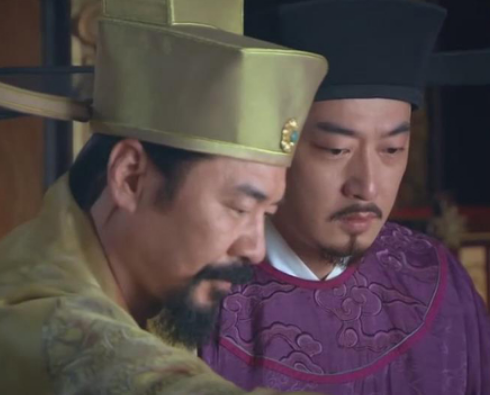
The Change of Imperial Dynasty: From Zhao Guangyi to Zhao Kuangyin, the Return of the Southern Song Dynasty Throne
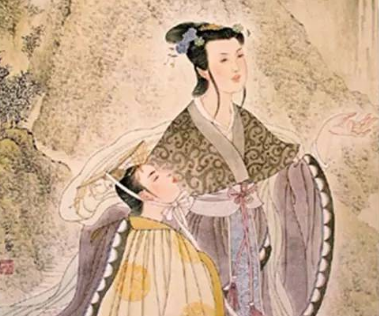
Unraveling the Secrets of the Imperial Palace of the Northern Wei Dynasty: The Bloodline Mystery of Empress Feng and Emperor Xiaowen
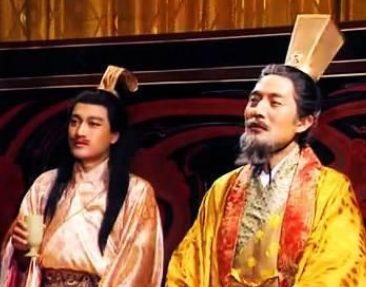
Why did Jia Chong poison Sima Zhao? How did he do it?

The Battle of Guandu: A Decisive Battle in Real History









